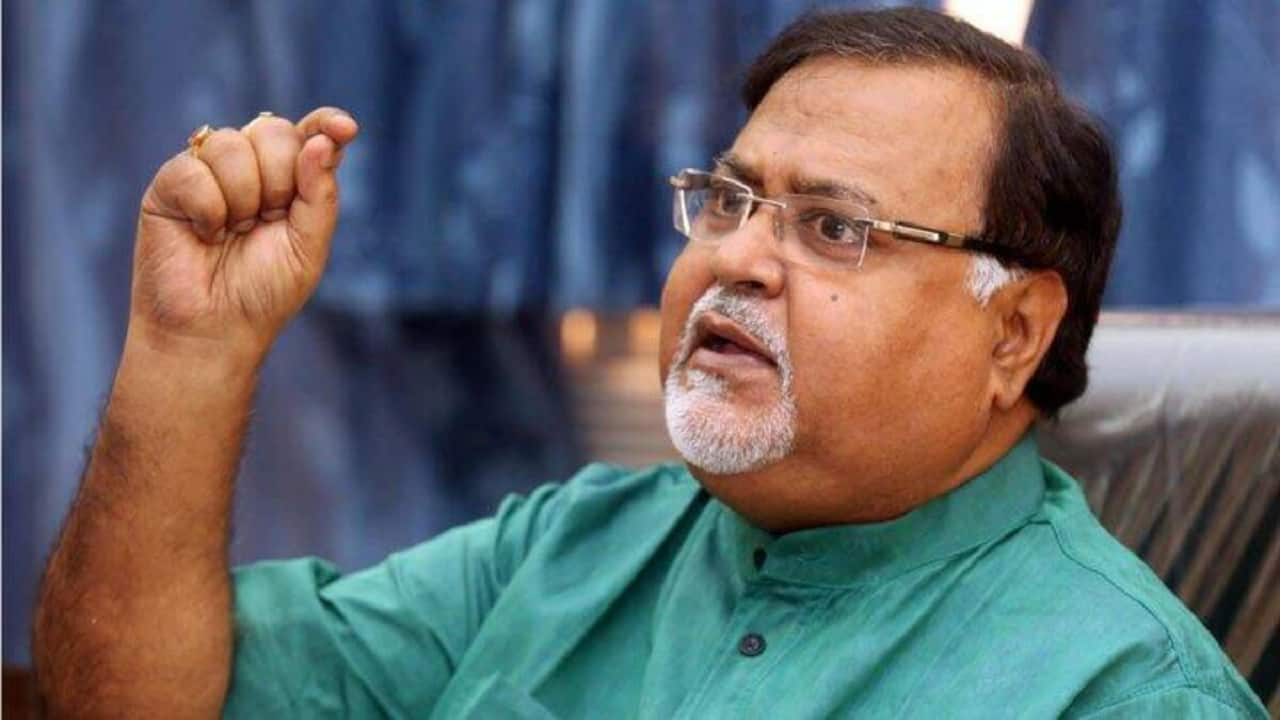 |
|
The Supreme Court of India recently raised serious concerns regarding the Enforcement Directorate's (ED) low conviction rate in money laundering cases, specifically focusing on the prolonged incarceration of Partha Chatterjee, a former West Bengal minister. Chatterjee, arrested over two years ago in connection with alleged irregularities in the recruitment of teaching and non-teaching staff in state-sponsored schools, remains in jail despite the trial yet to commence. The court highlighted the significant duration of his imprisonment, questioning the fairness of detaining him for such an extended period without a trial. The bench emphasized the need to balance the seriousness of the allegations against Chatterjee with the individual's right to a speedy trial and the potential for prolonged pre-trial detention. The justices' concern stems from the apparent lack of substantial progress in the case, despite the substantial amount of time elapsed since his arrest. The sheer number of witnesses (183) and supplementary complaints further complicates the matter, casting doubt on the feasibility of a swift resolution. The court's inquiry into the ED's overall conviction rate underscores a deeper systemic issue within the Indian legal system: the effectiveness and efficiency of prosecuting complex financial crimes.
The ED's defense, represented by Additional Solicitor General S V Raju, vehemently opposed Chatterjee's bail plea. Raju argued that Chatterjee's considerable influence and potential to tamper with witnesses necessitated his continued detention. The ASG further alleged that Chatterjee engaged in widespread corruption impacting over 50,000 candidates, a claim that highlights the scale of the alleged wrongdoing. Furthermore, Raju claimed Chatterjee manipulated medical professionals to obtain favourable medical certificates, a tactic allegedly designed to weaken the case against him. The inclusion of co-accused Arpita Mukherjee's statement, attributing the seized funds to Chatterjee, adds another layer of complexity to the case. This assertion directly implicates Chatterjee and strengthens the ED's argument for his continued detention. The contrasting arguments presented by the prosecution and the defense reveal a critical conflict at the heart of the legal proceedings: the balance between upholding the rule of law and safeguarding an individual's constitutional rights.
Senior advocate Mukul Rohatgi, representing Chatterjee, argued that his client had already served over one-third of the maximum sentence under the Prevention of Money Laundering Act (PMLA), which carries a seven-year prison term. Rohatgi highlighted Chatterjee's age (73) and deteriorating health condition, adding further weight to his plea for bail. The lawyer emphasized the highly improbable scenario of a trial completion within a reasonable timeframe, given the extensive number of witnesses and supplemental complaints. The extensive duration of the investigation and the prolonged pre-trial detention period raise significant concerns regarding the fairness and efficiency of the judicial process. This case underscores a broader debate on the appropriate balance between ensuring a fair trial and the potential for abuse of power in pre-trial detention. The Supreme Court's decision will likely have significant implications for future cases involving prolonged pre-trial detention and the interpretation of the PMLA.
The Supreme Court's intervention underlines a crucial aspect of the Indian justice system: the need for judicial oversight to ensure fairness and prevent potential abuses of power. The court's questioning of the ED's low conviction rate highlights a systemic challenge that requires thorough examination and reform. The prolonged incarceration of Chatterjee, without a trial underway, raises serious concerns about the efficacy of the existing legal framework in handling such complex cases. The case also raises questions about the length of time individuals can be held in pre-trial detention, especially when the trial itself is likely to be protracted. The outcome of this case will have implications not only for Chatterjee but will also set a precedent for future cases involving similar allegations and challenges to pre-trial detention under the PMLA. The court's adjournment of the matter to December 2 indicates a careful consideration of the complex issues involved and the need for a balanced decision that respects both the seriousness of the allegations and the fundamental rights of the accused.
